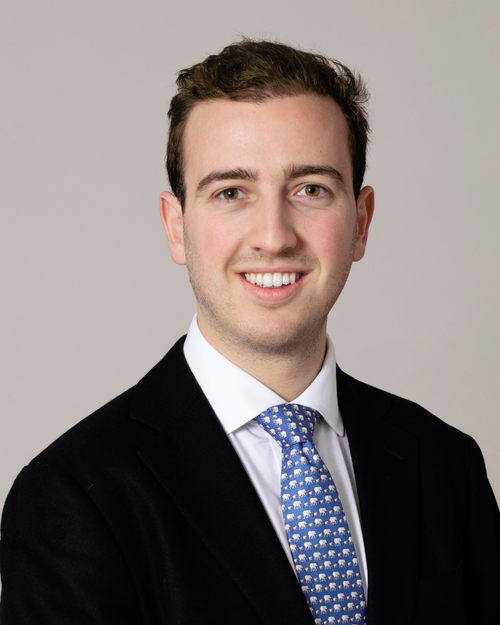
Why pro bono?
There will be, I am sure, numerous answers to this question provided during this Pro Bono Week: it offers career benefits by exposing practitioners to new practice areas or different responsibilities, it can provide opportunities to conduct advocacy in more senior courts, it is an opportunity to give back, and so on.
For me, the reason is that volunteering my time on pro bono work means I can really make a difference, more than I could with other volunteering efforts. I am fortunate that the skills and experiences I have as a barrister are acutely valuable to the people in need of pro bono assistance. Much of the attention is on the ‘big’ pro bono cases, but it is notable that even a few short hours on a relatively simple matter for a barrister can save vulnerable people huge amounts of time, money, and stress.
What about legal aid?
In a perfect world, many of the people in need of pro bono help would instead receive legal aid. Unfortunately, that is not likely, especially where legal aid is excluded for reasons other than means-testing. For example, perpetrators or alleged perpetrators of domestic abuse do not get legal aid in family proceedings. This is a potential threat to justice.
In Re A (Appeal: Findings of Fact) [2025] EWHC 1279 (Fam) [2025] 4 WLR 72 I acted alongside Joanna Thom for the appellant father in the High Court seeking to overturn a finding that he had raped the mother.
The rape finding was highly significant to the father: although it was not a criminal finding, a civil court had in effect labelled him a ‘rapist’. He strongly disputed this. The High Court overturned that finding as it came from analysis that was flawed and insufficient. It was important for the father that an injustice against him was corrected.
This was the first reported judgment I had appeared in, and it was also pleasing that our pro bono work was highlighted by Mr Justice Hayden: “The Bar makes a critical contribution to access to justice, through its pro bono work. This hearing is an example of the importance of that contribution. Mr Engler and Ms Thom have filleted F’s own discursive and frequently misconceived written arguments and recrafted them skilfully. I have found their help to be invaluable”.
Tips and Advice
I would advise all young barristers to incorporate pro bono work into their practice from as soon as they are on their feet. It is not something to include ‘in the future’ or when thinking about silk applications. Committing to pro bono work from the outset is the best way to get the most out of it, and it is the right thing to do.
It is also the best time to try pro bono work in new areas of practice. Although this can be more daunting, the statistics from Advocate suggest lots of cases go ‘unmatched’, so for many cases the alternative will be no assistance at all. Hopefully this is not the highest praise to receive as a young barrister, but we are always likely to be better than nobody!
I would also suggest working with multiple organisations. Advocate is, of course, the starting point, but I have also done pro bono work with Action for Children and Not Beyond Redemption. Trying different organisations means a greater chance of finding pro bono work which works for you.
Lastly, all barristers should register themselves on the Pro Bono Recognition List, which sets an individual target for completing 25 pro bono hours during the year. The list celebrates the Bar’s commitment to pro bono whilst indicating how much further we can go as a profession to contribute to fulfilling the need for free legal representation.
Harrison Engler is a tenant at Field Court Chambers where he completed pupillage in September 2024. He is building a mixed practice in civil, family, housing, property, and public law.
He has completed pro bono work through Advocate, Action for Children, and Not Beyond Redemption.